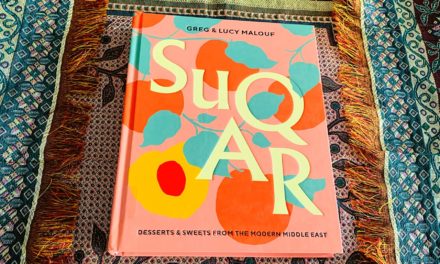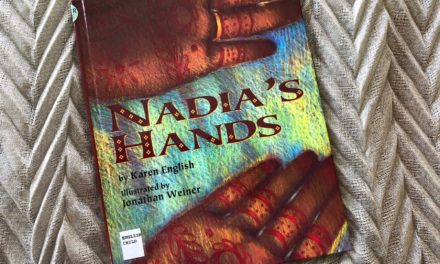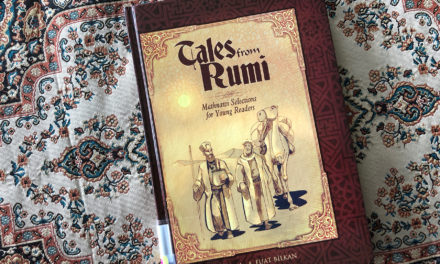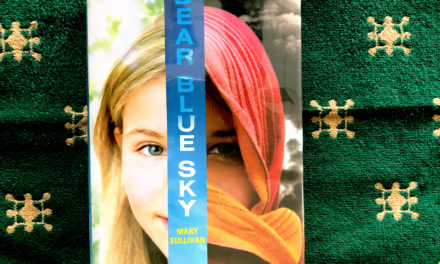Elise Bellin, Librarian of the Islamic Resource Center, wrote this book review as part of an ongoing series that focuses on a range of books within the IRC collection as a service to the community.
The Girl Who Stood Up For Education And Was Shot By The Taliban by Malala Yousafzai, with help from Christina Lamb
ISBN: 9780316322409
We are fast approaching the announcement of this year’s Nobel Peace Prize, something that comes with a good amount of prestige. Maybe it is time to look back at one of our past winners for inspiration. In the Muslim world, one of the more recent winners was the memorable Malala Yousafzai standing up for the education of all children, in particular girls, and against injustices perpetrated against the young.
Malala Yousafzai made it into the history books as currently the youngest individual to win the Nobel Peace Prize and has continued in her fight for a brighter tomorrow. In her short life, she secretly and publicly spoke up against terrorism and the suppression of children’s rights, most famously speaking up for the right for all, in particular girls, to receive an education and subsequently was shot in the head by the Taliban but survived. Since her Nobel, she wrote a best-selling memoir, continues to fight for the right for all to be educated, and has added in advocacy for refugees, immigrants, and displaced individuals.
It is a theme that returns again and again to the pages of her memoir, written at the young age of sixteen. Educate your children, especially your girls, and watch the world change. Having been raised by a loving mother and father to love learning and to standing for herself in an area of the world that was invaded by a culture that did not believe in any of that, Malala was fighting for her right to learn and speaking out against the Taliban for years prior to that. She had her own BBC backed blog under an assumed name on the subject since she was eleven. And while conspiracy theories were created and touted by those that wished to discredit her, and even some that believed in her message began to doubt initially if she spoke for herself or was a convenient figurehead for the movement, she stood tall both in spite and because of it. She grew from your garden variety (though very smart and inquisitive) teenage girl into a powerhouse that could not be silenced.
I Am Malala gives us that rare glimpse into the creation of a powerful voice, one that speaks for a generation and works towards the betterment of humankind. We see her steel forged through her ordeal. We see the human behind the voice, including familial foibles, and the heart behind the message. We see her.
Isn’t that the sort of person we want to get recognized with a Nobel Prize?














